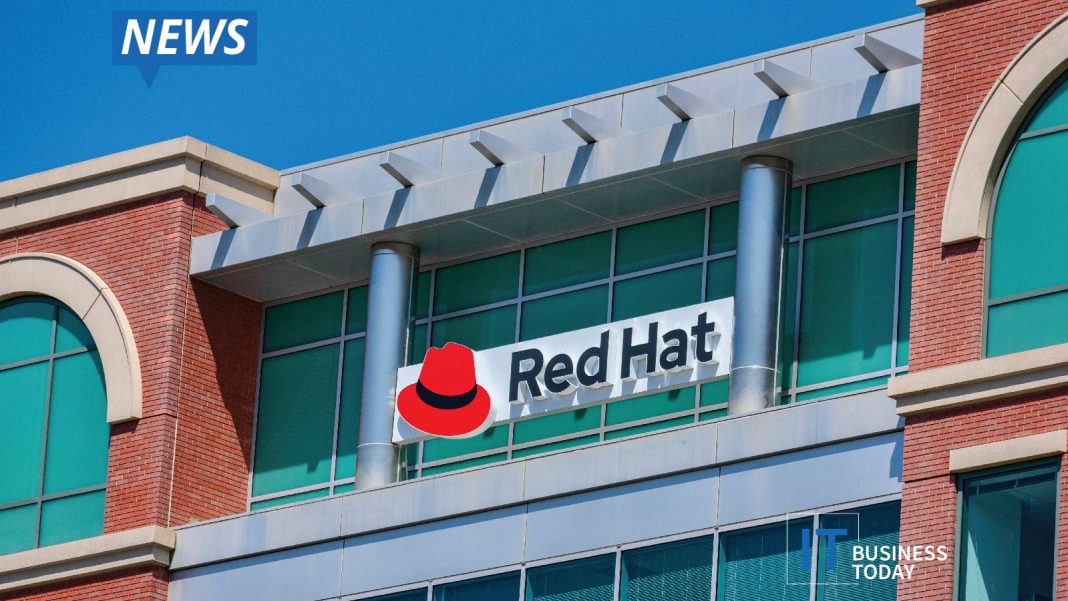Red Hat Marketplace provides a one-stop-shop to purchase enterprise applications and deploy across any cloud or on-premise
Atomicorp today announced that Atomic Enterprise OSSEC is now available through Red Hat Marketplace. Red Hat Marketplace is an open cloud marketplace for enterprise customers to discover, try, purchase, deploy, and manage certified container-based software across environments—public and private, cloud and on-premises. Through the marketplace, customers can take advantage of responsive support, streamlined billing and contracting, simplified governance, and single-dashboard visibility across clouds.
Atomicorp’s products enable customers to easily confirm and maintain the security posture and compliance of their systems and devices. For organizations faced with the challenge of complying with regulations and compliance frameworks, such as PCI-DSS, CIS (Center for Internet Security) security requirements, HIPAA, GDPR, JSIG, NIST and others, Atomicorp makes the process simple and affordable, with solutions for small to large businesses. As a provider of security solutions in the cloud, on-premises, or in hybrid environments, Atomicorp recognizes the value of the flexibility and breadth of the Red Hat OpenShift platform to more effectively manage the container stack of any organization.
Read More: How to Get the Most Out of Cloud Services with AIOps
“As our customers continue to move to the cloud, Red Hat Marketplace provides a platform for delivering best in class products for container-based environments. Atomic OSSEC enables organizations to provide detection and protection capabilities in these environments, enabled for use with Red Hat OpenShift. Red Hat Marketplace is a dedicated open platform for cloud enabled products and solutions.” said Michael Shinn, CEO of Atomicorp.
Built in collaboration with Red Hat and IBM, Red Hat Marketplace delivers a hybrid multicloud trifecta for organizations moving into the next era of computing: a robust ecosystem of partners, an industry-leading Kubernetes container platform, and award-winning commercial support—all on a highly scalable backend powered by IBM. A private, personalized marketplace is also available through Red Hat Marketplace Select, enabling clients to provide their teams with easier access to curated software their organizations have pre-approved.
“We believe Red Hat Marketplace is an essential destination to unlock the value of cloud investments,” said Lars Herrmann, senior director of technology partnerships, Red Hat. “With the marketplace, we are making it as fast and easy as possible for companies to implement the tools and technologies that can help them succeed in this hybrid multicloud world. We’ve simplified the steps to find and purchase tools like Atomic Enterprise OSSEC that are tested, certified and supported on Red Hat OpenShift, and we’ve removed operational barriers to deploying and managing these technologies on Kubernetes-native infrastructure.”
“Through Red Hat Marketplace, we’re expanding our ecosystem together with partners like Atomicorp and helping our customers thrive in a hybrid multicloud world,” said Sandesh Bhat, IBM General Manager, Open Cloud Technology & Applications. “Container-based environments are the future of enterprise technology, and Red Hat OpenShift is the industry’s most comprehensive enterprise Kubernetes platform. We’re excited to simplify software purchase and adoption for our clients through a curated private Marketplace experience.”
Read More: Don’t fall for quick wins, make digital transformation sustainable
Red Hat Marketplace is designed to meet the unique needs of developers, procurement teams and IT leaders through simplified and streamlined access to popular enterprise software. All solutions available through the marketplace have been tested and certified for Red Hat OpenShift, allowing them to run anywhere OpenShift runs. A containers-based approach helps ensure that applications can be run and managed the exact same way, regardless of the underlying cloud infrastructure. This gives companies the flexibility to run their workloads on premise or in any public or private cloud with improved portability and confidence that their applications and data are protected against vendor lock-in.

